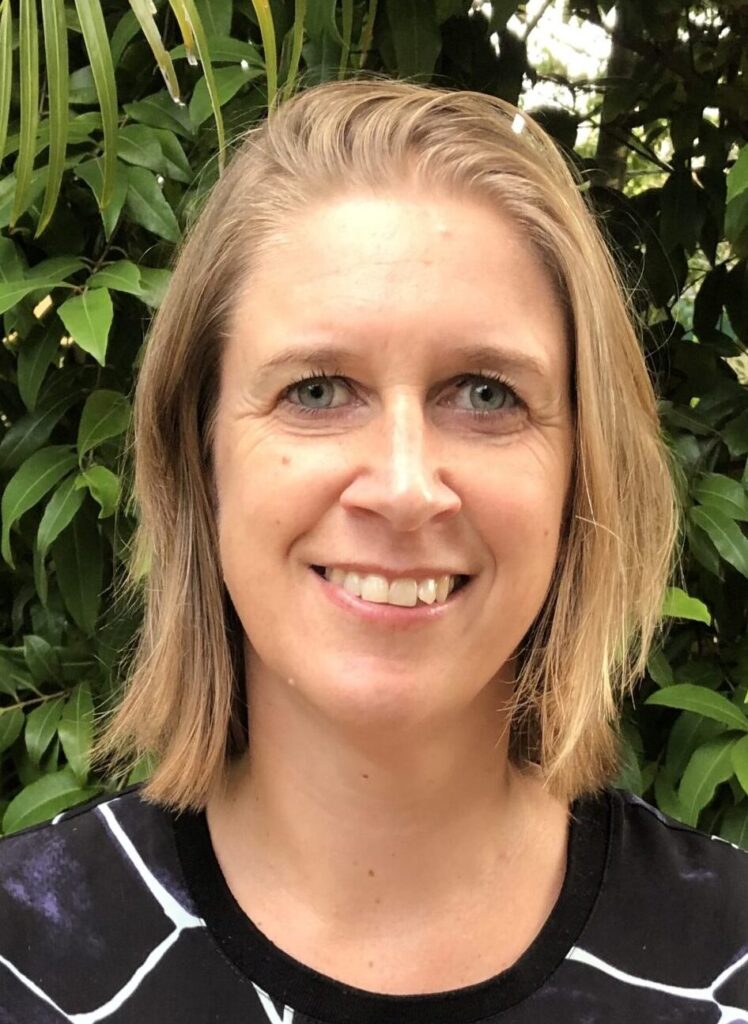
I started at NBP in June 2021, very recently! I still work as a senior scientist at QIMR Berghofer, where I study genetic risk factors of mental health disorders, such as anxiety, depression, and substance use disorders. I have presented my research at national television and radio. One of the key messages that I wish everyone would be aware of is that mental health disorders have a biological component, and are therefore no different than diseases such as diabetes and cardiovascular disease.
I believe that suffering from anxiety or depression does not indicate that you are not a strong person, or that you should be blamed for it. No need to be ashamed for seeing a counsellor or psychologist if you are struggling. The stigma associated with mental health problems is sometimes a bigger problem than the mental health issues themselves.
Why did you get into doing therapy?
Although I love being a scientist, I felt that I wanted to make a difference in another way as well. I wish to share my knowledge and skills and to give people hope again. To interact with people instead of my computer!
What would you have done if you didn’t become a therapist?
Be a scientist (box ticked!) or a horse trainer, or organize hiking trips to really cool places. Who knows what I can still accomplish in the future, it’s never too late to follow your dreams. Although two careers is enough for now 🙂
What do you like best about your job?
Absolutely the best thing about my job is that it gives me the chance to meet so many interesting and beautiful people. Everyone has their own story, every single person who comes into my office is unique and special. I love connecting with people, making sure that they feel at ease. And together discover how someone can best respond to the problems or issues that they are facing in their life.
Which are your favourite therapies to draw from and why?
The most important and effective approach that I use is to carefully listen to the story that someone has to tell, to find out more about their problems, to give them a chance to just be themselves and to be appreciated. To give them time to connect with their thoughts and feelings. You could probably refer to this as the person-centred approach which I learned as a counsellor. Many people have really good skills and insight about what works best for them. They may get stuck for some reason and may need some help to find their way out. Other approaches that I use are ACT (Acceptance and Commitment Therapy) and solution-focused therapy. I prefer to use approaches that focus on someone’s strengths and coping skills and to see how these can be further improved to help them with their issues.
What activities do you enjoy outside work?
I love to spend time outdoors, kayaking, hiking, long walks along a beach. I also like to spend time with my teenage daughter – probably shopping – go to the movies, or play some board games at home.
